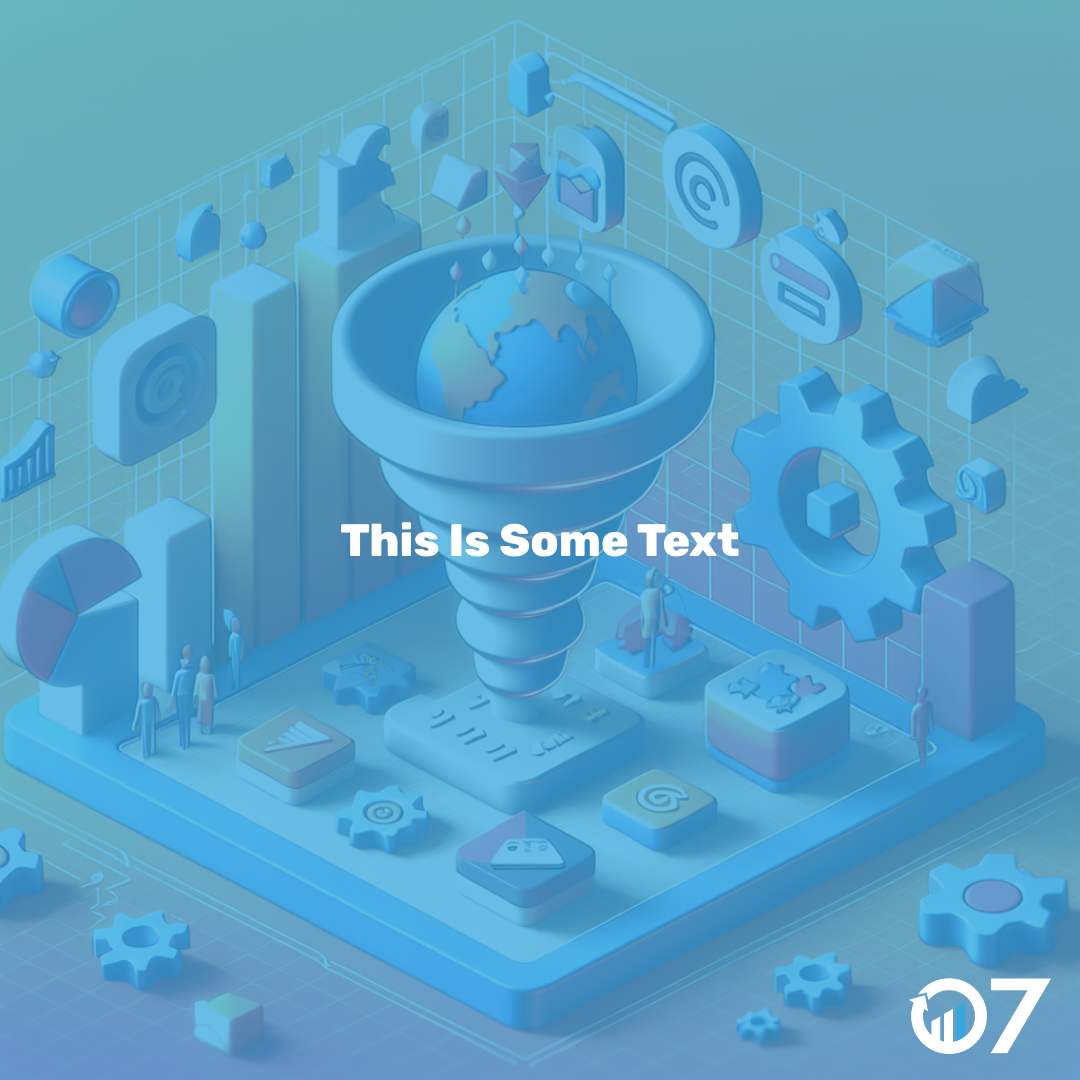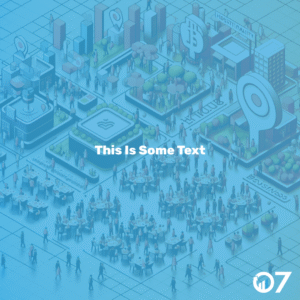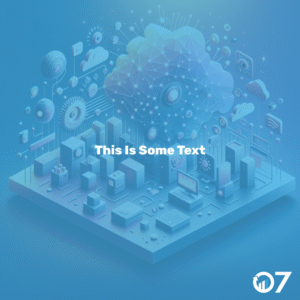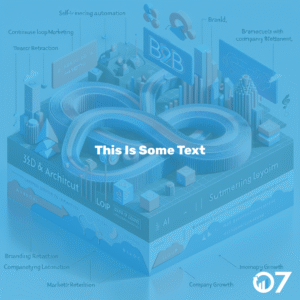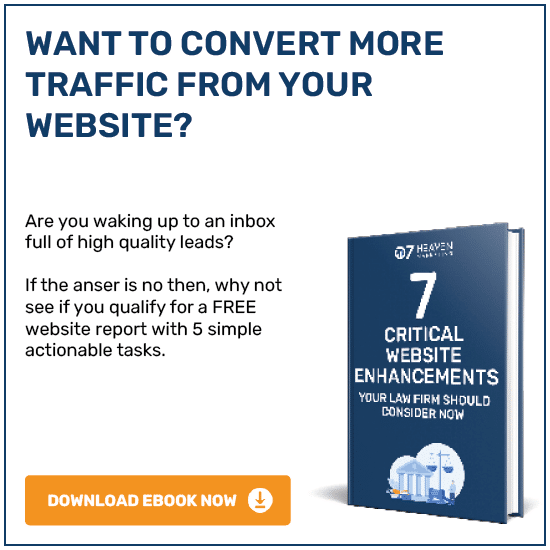Introduction to content marketing funnel
The content marketing funnel helps businesses create content that meets audience needs at each stage. Tailoring content effectively guides prospects through their customer journey and boosts engagement.
The awareness stage and its content
The awareness stage is where potential customers first learn about a brand or product. Content at this stage should focus on introducing the brand and educating the audience about their needs or problems. Simple blog posts, social media updates, and informative videos work well here.
At this stage, the content must be easy to understand and widely accessible. It should not push for a sale but instead build trust and interest. Using clear awareness stage content helps attract the right audience and encourages them to explore further.
Consideration stage techniques for engagement
Once prospects are aware, they enter the consideration stage. Here, content should help them compare options and understand how a product or service can solve their problem. Detailed guides, case studies, and webinars are effective tools.
Content at this stage must address specific questions and concerns. It should highlight benefits and features clearly and include testimonials or reviews. Marketers can use consideration stage techniques to nurture leads and build confidence.
Conversion optimisation through tailored content
The conversion stage focuses on turning prospects into customers. Content must motivate action with clear and compelling calls to action. Product demos, free trials, and special offers can encourage decision-making.
Optimising content for conversion involves understanding audience segmentation and mapping content to their specific needs. Using strong call to action elements and tracking performance metrics helps improve results.
Lead nurturing and post-conversion content
After conversion, it is important to maintain customer relationships. Lead nurturing content keeps customers engaged and encourages repeat business. Newsletters, how-to guides, and personalised offers are useful at this stage.
Consistent communication builds loyalty and trust. Tailoring content to individual customer preferences ensures relevance and strengthens the brand connection. This approach supports long-term success in the digital marketing funnel.
Real-world examples of content marketing funnel use
- A UK-based retailer uses blog posts to raise awareness, then sends detailed product guides during consideration, and finally offers discounts to convert leads.
- A software company hosts webinars to educate prospects in the awareness stage, shares case studies in the consideration stage, and provides free trials to drive conversions.
- A local service provider sends personalised emails post-purchase to nurture leads and encourage referrals, maintaining engagement beyond the sale.
What to do next
Understanding each marketing funnel stage helps tailor your content strategy effectively. Review your current content and see where improvements can be made to better meet audience needs. Focus on clear messaging and appropriate formats for each stage to guide prospects smoothly through their journey.
Encourage further engagement via our blog or contact us via email or telephone 01702 410663
FAQs
What is a content marketing funnel?
A content marketing funnel is a model showing how content guides potential customers from awareness to purchase. It matches content types to each stage of the customer journey.
How do you create content for each funnel stage?
Create content that fits the needs of your audience at each stage. Use educational content for awareness, detailed comparisons for consideration, and strong calls to action for conversion.
Why is tailoring content important in marketing?
Tailoring content ensures it is relevant and useful to the audience. This increases engagement, builds trust, and improves the chances of conversion.

